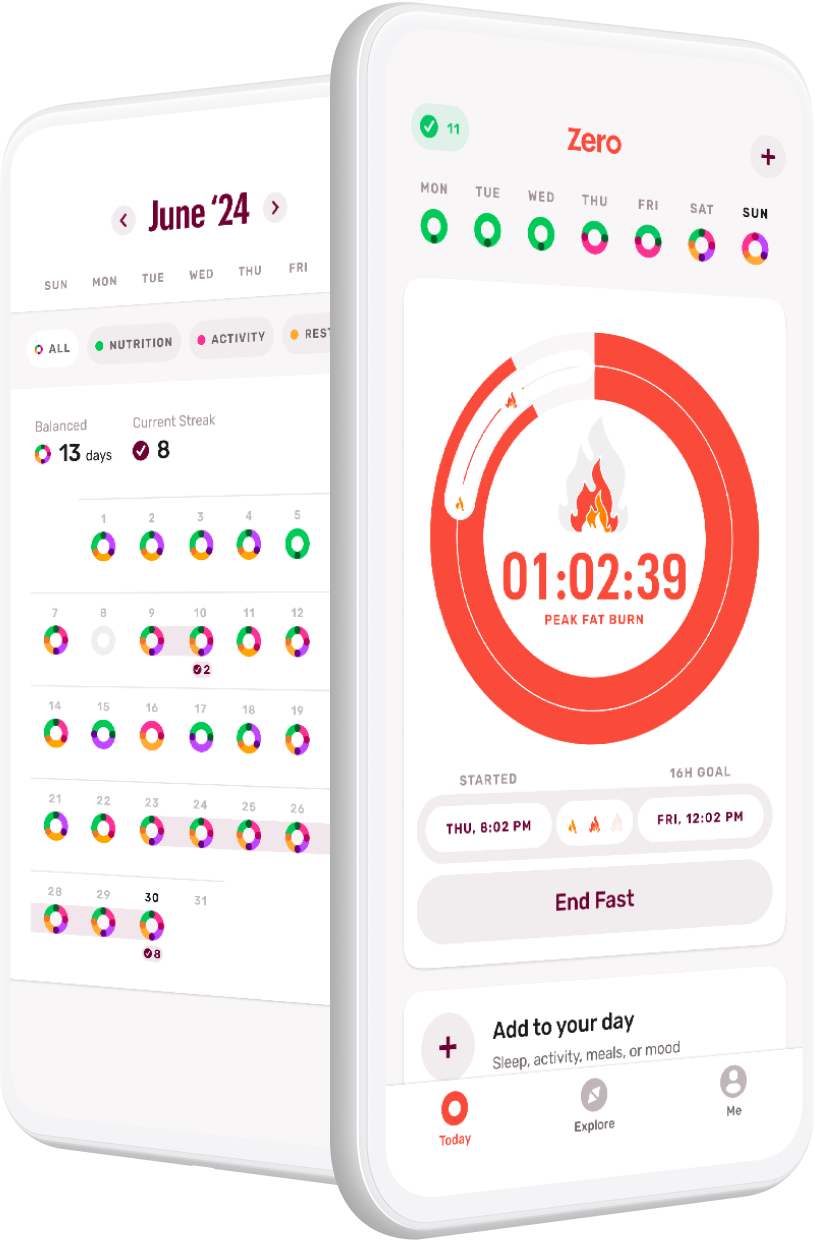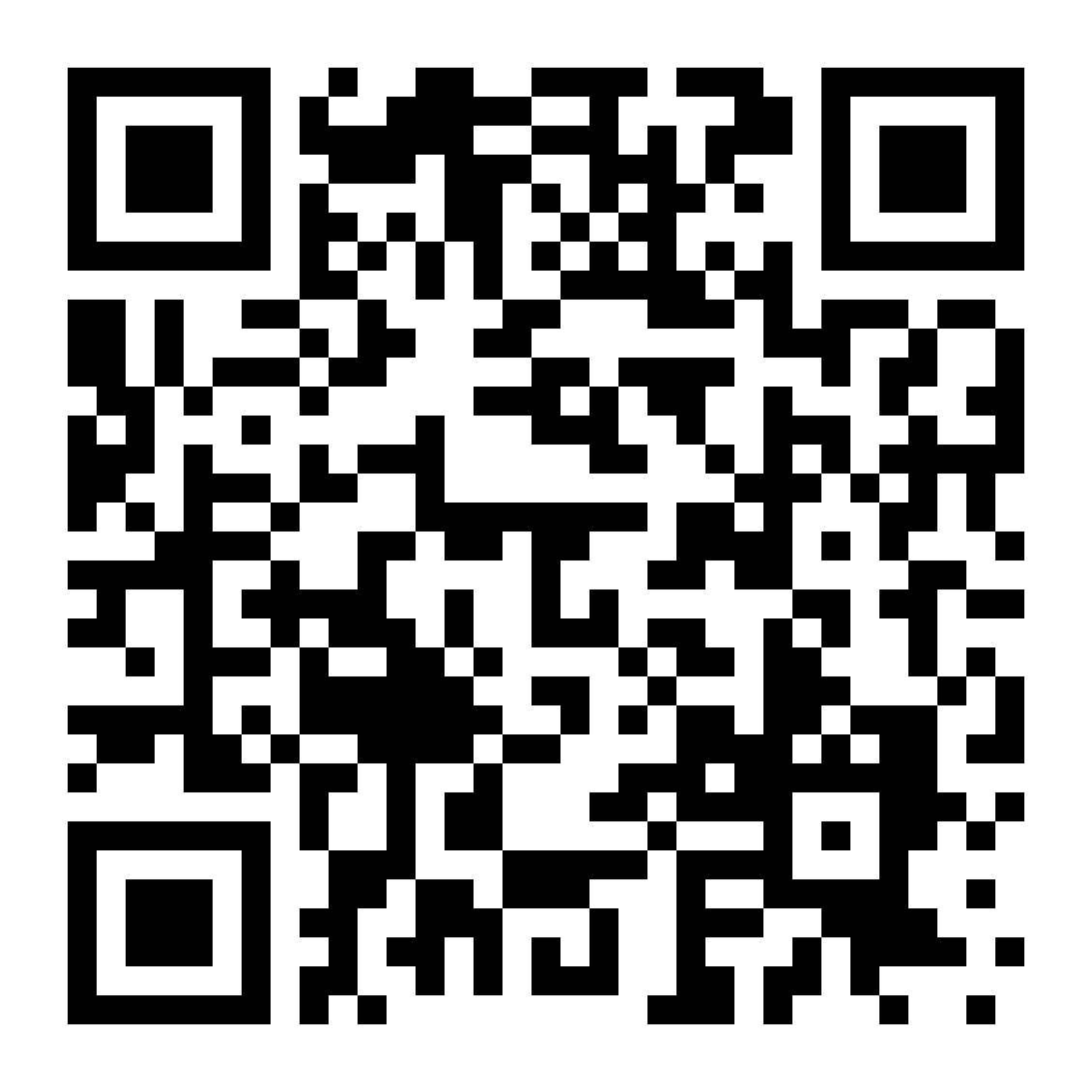By Hafsa Abdulla as told to Allison Goldstein
“It’s not a diet, it’s a lifestyle.”
Meet Hafsa
My name is Hafsa Abdulla, and I am 31 years old. I’m originally from Bahrain, a little island in the Middle East, and I’m currently completing a fellowship in pulmonary and critical care in Detroit, Michigan.
I’ve always dieted. During medical school I had my weight pretty under control, but when I moved to the United States to complete my postgraduate training, life got too hectic. I was working long hours, so there was not enough time to go grocery shopping or to the gym. I gained weight.

A New Source of Energy
When I met my husband, one of the first things I noticed about him was that he would eat once a day. This pattern—which he explained was intermittent fasting—seemed extreme, but, as I observed him, I noticed that he drank very little coffee, and even on days when he worked long hours, he still seemed fine. That’s when I started to research intermittent fasting and decided to try it myself.
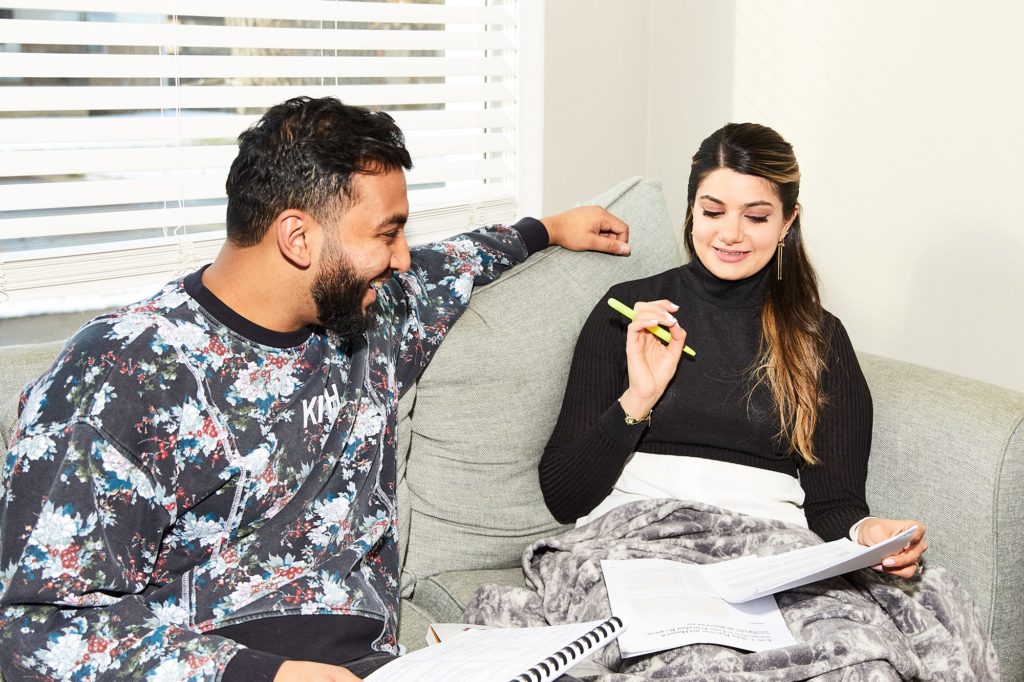
I never eat breakfast, so it was pretty easy to skip the milk I’d usually have in my coffee. When I did that, I noticed I retained good mental stamina until I got to lunch. Then I’d eat, and my energy would crash. So I started skipping lunch.
Around this time, I found Zero, which opened up my fasting world. The weekly articles taught me about what I should (and shouldn’t) be eating when I break my fasts, and the streaks and statistics like “how many hours fasted” helped keep me on track.
My fasting style ultimately evolved to where I now fast through my workday, because that gives me the most energy. I eat dinner when I get home, which most of the time translates to a 20-hour fast.
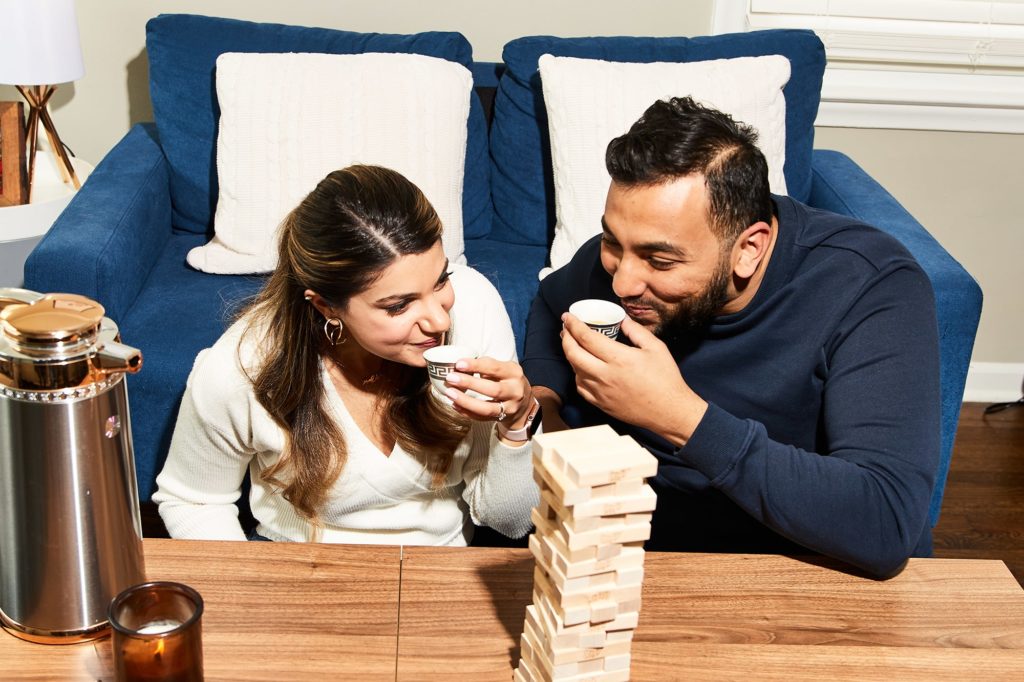
Becoming a Better Healthcare Provider
When I started fasting, I was trying to lose weight. It worked—I lost 21 lbs and I’ve kept them off. However, the number-one reason I keep fasting is because it gives me so much more mental stamina.
COVID-19 has made my job as an ICU physician very stressful. Most days I leave my house at 6 a.m. and don’t get home until 6 p.m., or later if I’m on call. I’m on my feet most of the day, running around caring for sick patients. I have to make life-or-death decisions on the spot, and I feel a lot clearer when I’m fasting—I’m sharper and quicker on my feet. I’ve found I need a lot less coffee, and I don’t get that after-lunch slump like everyone else. So fasting has turned into a lifestyle for me, and I keep doing it because it makes sense. It keeps me healthy, and it makes me better at my job.
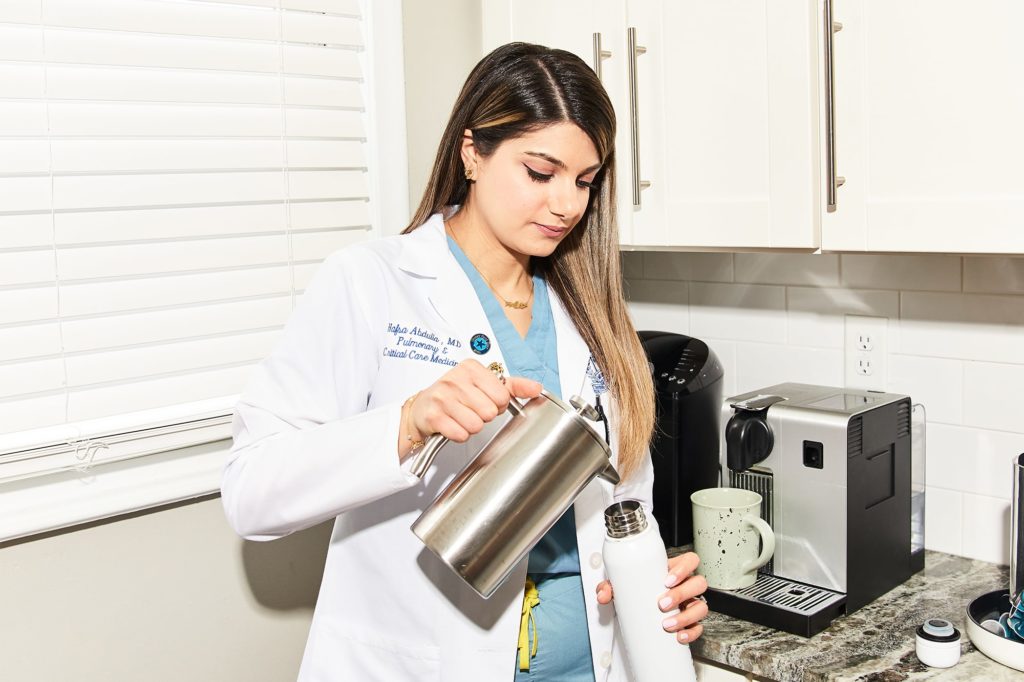
Here’s how I exercise: I ride my Peloton and do yoga. On weekends when I’m not working, my husband and I like to go hiking up in north Michigan, where there are really nice hiking trails. We also like to ride our bikes downtown, have coffee, and then bike back home.

Here’s my favorite Fast Breaker: One of our favorite salads is chickpeas, green onion, red onion, and bell peppers, dressed with a combination of olive oil, lemon juice, and some spices.
I also make a vegan version of an Iranian stew with dill, parsley, cilantro, green onions, and some spinach. You saute that in a little bit of oil. Then, you add kidney beans and cook it down and eat it over rice or with some bread. That’s one of the best things I make.
These three changes contributed the most to my fasting success:
Change 1: Making meals a ritual. With fasting, I’m no longer wolfing down food at my desk just to “get something in.” I look forward to dinnertime, when I get to sit down with my husband and talk about how our days went. We break our fasts together and bond over a really nice meal.
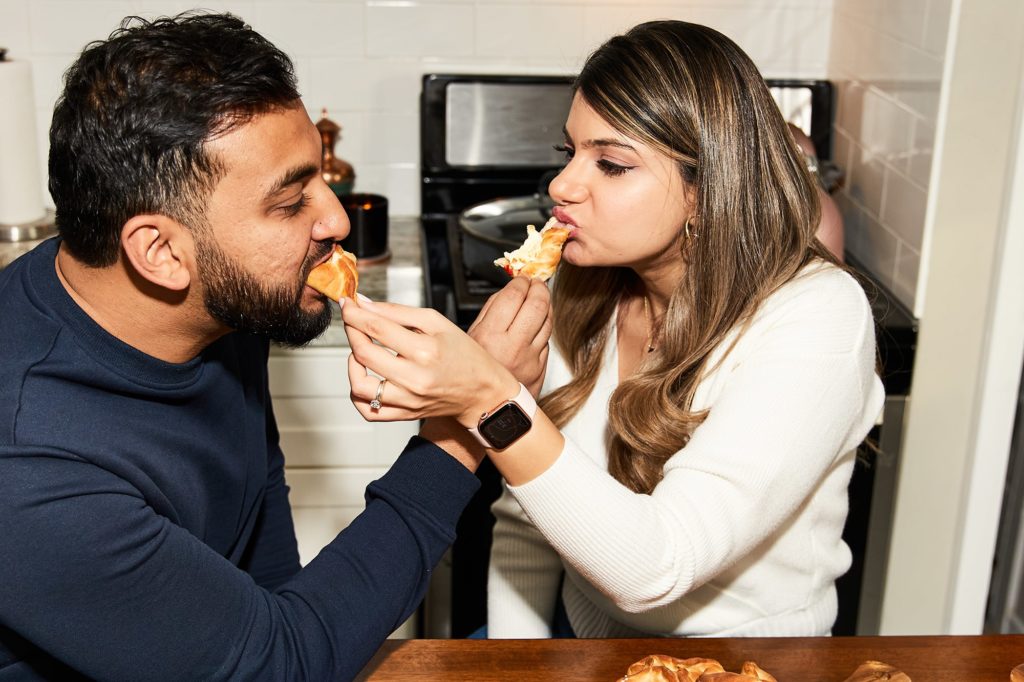
Change 2: Noticing how I feel. I would not be able to do half of the things I need to do if I were in a food coma because I just had a big meal. When I made the connection between my increased energy and fasting, it became a no-brainer.
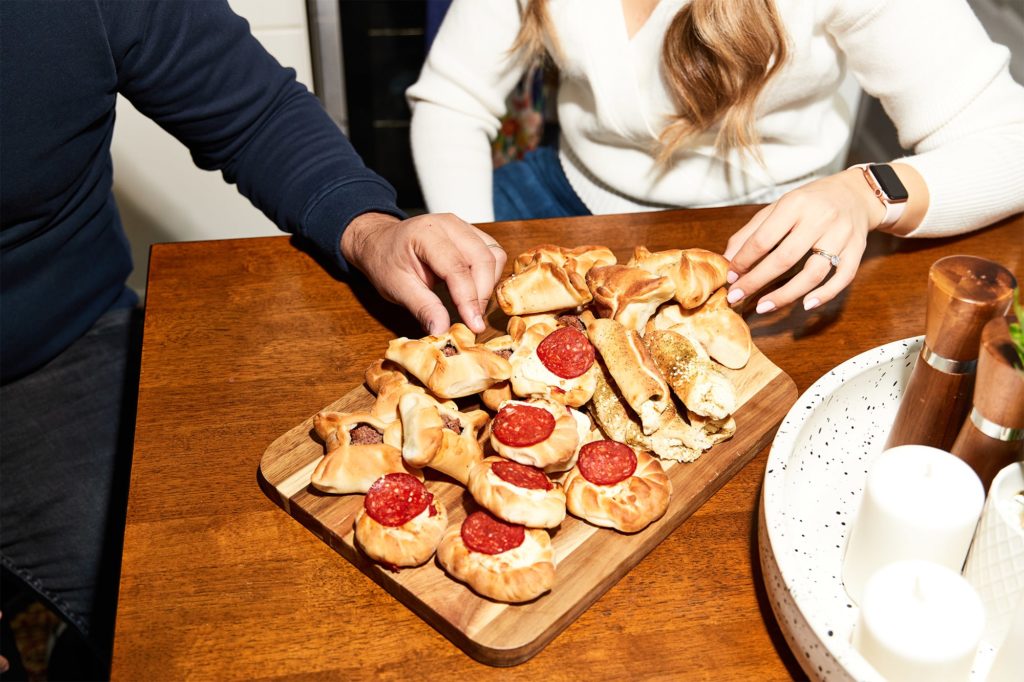
Change 3: Staying flexible. Fasting has changed the way I look at my meals. If we’re going on vacation or if it’s the weekend and I want to change the way I eat, then I do it. I’m not wedded to a scheduled meal plan; it’s all about eating with intention.
- The Complete Guide to Fat Burning - April 30, 2024
- Zero Live #4: 3 Ways to Boost Fat Burning - March 28, 2024
- Zero Live #3: Nutrition, Fast Breakers, and Fasting - March 11, 2024

